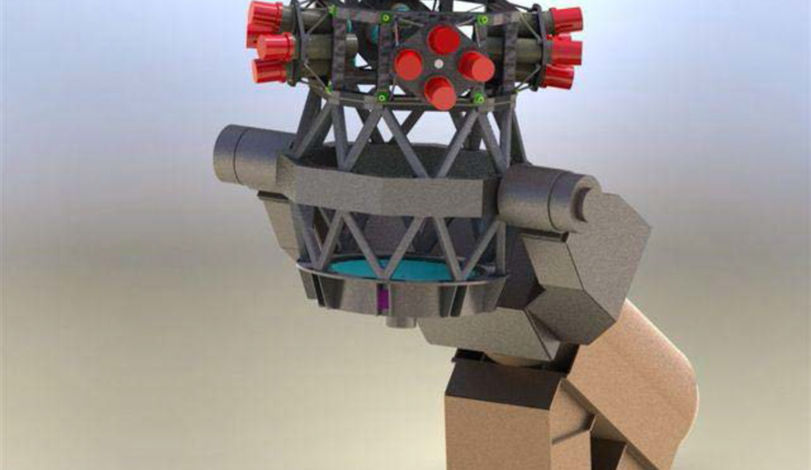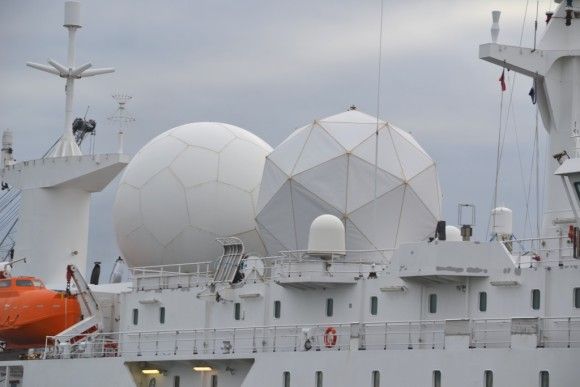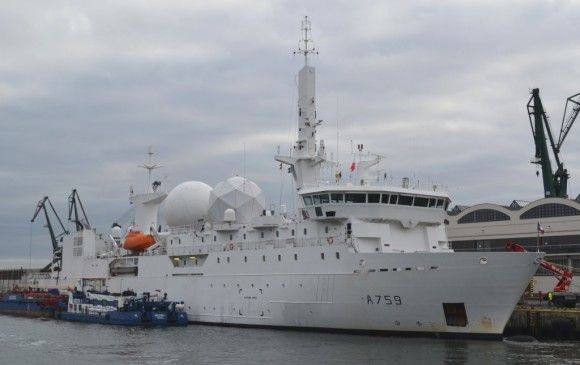Industry
Important Element of the European SSA Programme To Be Created in Poland
Creotech Instruments S.A. company has signed an agreement related to implementation of the second part of the Neostel programme, known under the name of Neosted. Within the framework of the contract, until the year 2017, the Piaseczno-based company is going to deliver the initial eight cameras for the telescope, the purpose of which is to detect the space debris, as well as meteoroids and asteroids that could potentially pose a threat to the Earth. The initiative constitutes a part of the European Commission’s SSA (Space Situational Awareness) programme.
Within the first phase of the Neostel project, which came to an end in May 2016, thhe Polish Creotech Instruments company based in Piaseczno has developed a camera design which, in the future, is going to become a basic equipment for the SSA system telescopes all around Europe. In July this year, on the other hand, the said company also concluded an agreement pertaining to implementation of the second stage of that programme, also known under the name of Neosted. The main goal of the initiative is to create the first prototype of this type of cameras. Ultimately, within the framework of the contract which is worth PLN 4 million, the Piaseczno-based company is going to deliver eight examples of such equipment by the end of 2017. The cameras are expected to be utilized within the first prototype telescope.
Italian Compagnia Generale per lo Spazio (CGS) plays the role of the main contractor, acting within the initiative implemented for the European Space Agency within the framework of the SSA (Space Situational Awareness) programme. Neosted is going to become one of the most significant projects pursued within the framework of that strategic programme managed by the European Commission. According to the orders placed by the European Space Agency, the Italians are to erect a prototype observatory which is, most probably, going to be located in the island of Sicily. Other locations that are also considered include Sardinia and Canary Islands. After the Neosted phase comes to an end, it is planned that at least four similar telescopes are created all around the world. Total value contributed to the project by the Polish industry is estimated by the CGS to be contained in an amount between EUR 2.75 - 4 million.

According to Grzegorz Brona, President of the Creotech Instruments S.A. company, the telescope itself is similar to an “eye of the fly” when it comes to its structure. The design is going to diffuse the light, so that reaches all 16 cameras mounted within its optical layout. At the initial stage though, the Creotech is going to deliver only eight of the cameras mentioned above, in the light of the budgetary assumptions and limitations immplemented within the said phase of the project. The mirror has a diameter of more than a meter, while the whole system is 3-4 meters high. The main job for the equipment is related to the task of detecting the space debris, planetoids and meteoroids that could potentially enter a collision course and move towards the Earth, posing a relevant threat for us. Space weather's impact on our planet is going to become the second area of research which is to be a focal point for the telescope in question.
It shall be added that the Neosted project itself is connected to the Polish SST initiative, nonetheless the domestically implemented project is related to the equipment destined to be used within the Polish observatories, with a prospect of potential transfer of work to the European Commission’s project considered as a next step.

